
THREAD: uk government bold move override
LifeLine™ Media threads use our sophisticated algorithms to construct a thread around any topic you want, providing you with a detailed timeline, analysis, and related articles.
News Timeline


UK Government’s BOLD Move to OVERRIDE Controversial Sentencing
— The UK government plans to pass an emergency law to override newly released sentencing guidelines. This decision follows criticism from Conservative shadow justice secretary Robert Jenrick, who accused the Sentencing Council of yielding to outside pressures. The guidelines aimed at addressing sentencing disparities among ethnic groups but have sparked significant controversy.
New legislation will be introduced to tackle heated debates over the sentencing of ethnic minority offenders. The law seeks to address delays in justice for victims, especially those reporting serious crimes like rape, who face long waits for trials. This initiative highlights the government’s commitment to ensuring timely justice and addressing public concerns over fairness in the legal system.
Delaware’s STRATEGIC Law Change: Keeping Businesses HOME
Delaware has enacted changes to its corporate conduct regulations following high-profile departures like Elon Musk’s exit from the state. This legislation aims to prevent further corporate exoduses and underscores Delaware’s commitment to maintaining a business-friendly environment. By adapting its laws, Delaware seeks to retain businesses and bolster its economic standing amid competitive pressures from other states.
GOVERNMENT’S BOLD Move: Sentencing Rules Overhaul Sparks Fury
— The UK GOVERNMENT plans to override sentencing guidelines amid a heated debate over ethnic minority offender sentencing. This move comes as victims of serious crimes face long delays in seeing suspects tried. Some cases, including rape, have seen trial delays extending up to four years.
In response, the government announced an emergency law to counteract the Sentencing Council’s guidance. The Council aimed to address racial disparities in justice but faced significant opposition. Conservative shadow justice secretary Robert Jenrick criticized the Council for yielding under pressure after he threatened legal action against them.
The Sentencing Council comprises senior legal figures from England and Wales who believed their guidelines would promote fairness across ethnicities. However, the government’s decision reflects concerns over potential negative impacts on crime victims’ rights and timely justice delivery.

UK ASSISTED DYING Bill Shock: Parliament’s Bold Move Stirs Debate
— The UK Parliament has decided to remove the need for judicial approval in the controversial ASSISTED DYING BILL. This decision has sparked intense political and public debate. The change marks a significant shift in how assisted dying will be regulated across the nation.
In a diplomatic move, the UK government revoked accreditation for two Russian diplomats amid rising espionage concerns. This action mirrors steps taken by Russia and highlights ongoing tensions between the two nations. The decision underscores Britain’s firm stance on national security issues.
A maritime incident in the North Sea led to the arrest of a cargo ship captain on suspicion of manslaughter after colliding with an oil tanker. This raises critical questions about maritime safety regulations in British waters. Authorities are conducting thorough investigations to determine accountability and prevent future occurrences.
Environmental concerns at Lake Windermere have prompted government action following severe pollution from sewage overflow. The UK government has pledged immediate measures to clean up this iconic beauty spot as part of its broader environmental restoration efforts. Meanwhile, Prime Minister Keir Starmer faces criticism for blocking a bill banning first-cousin marriages due to health risks, reigniting debates on public health policy and cultural traditions.

UK’S SHOCKING Sentencing Plan: Ministers WARN of ‘Two-Tier’ Justice
— New sentencing guidelines in the UK suggest leniency for ethnic and religious minorities, sparking backlash from government ministers. They argue this creates a “two-tier justice” system, undermining equality under the law. The left-wing government faces criticism for promoting policies it previously dismissed as conspiracy theories.
The Times of London reports these guidelines stem from research by senior government members, including Foreign Secretary David Lammy. His 2017 review highlighted racial discrimination in the justice system and recommended changes to improve outcomes for minority offenders. This puts the current government at odds with its own past activism on justice reform.
Prominent figures like Nigel Farage criticize the Sentencing Council’s new guidance as “woke” and unaccountable, claiming it favors minorities over others. He points out that Prime Minister Rishi Sunak was once part of this council, suggesting deeper ties to these controversial changes.
Robert Jenrick also condemns the Labour government’s stance on equality under law, accusing them of hypocrisy or negligence. He warns that such policies could erode public trust in legal fairness by appearing biased against Christians and straight white men.

BRITAIN’S SURPRISING Move: Microsoft-OpenAI Review Ends
— Britain’s competition watchdog has wrapped up its review of Microsoft’s partnership with OpenAI. The Competition and Markets Authority (CMA) found that the deal doesn’t need further investigation under merger rules.
The CMA explained that Microsoft hasn’t taken control over OpenAI, so it doesn’t qualify for a merger probe. While Microsoft initially invested heavily in OpenAI, other major investors like Softbank and Nvidia have since joined in.
The CMA is keeping a close eye on AI investments because Big Tech’s interest in generative AI startups is growing fast. Last year, it approved tech deals involving companies like Inflection AI and Anthropic.
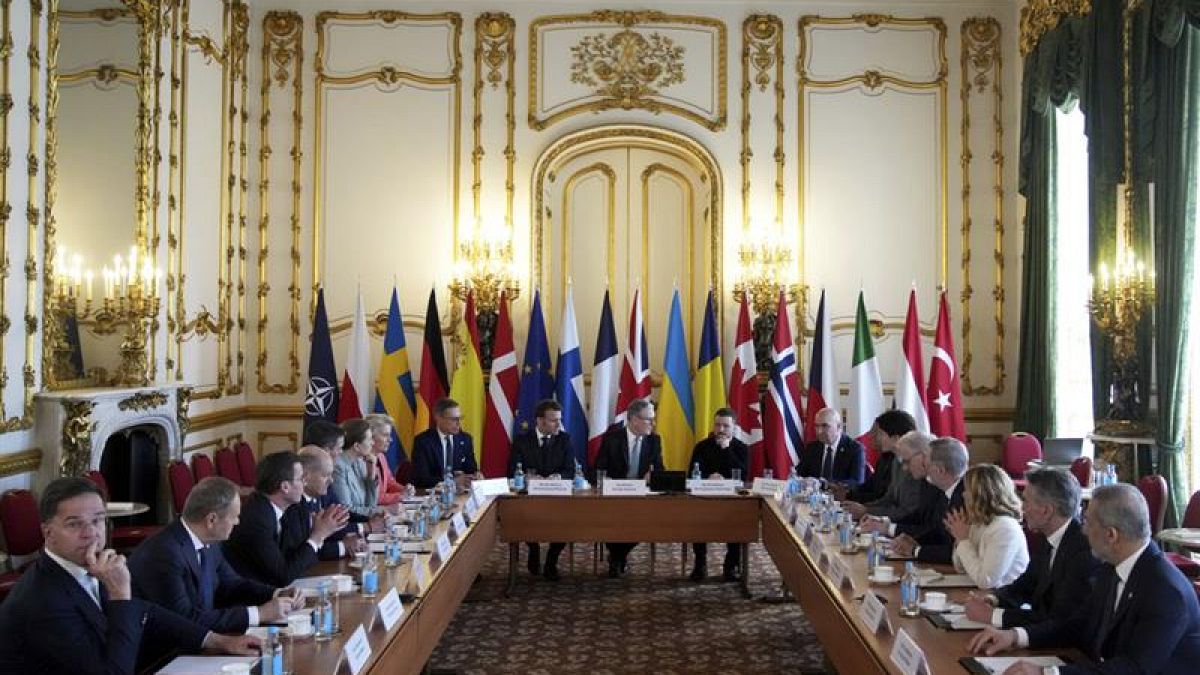
EUROPE’S Bold Move: Seizing Control in Ukraine Talks
— European leaders are eager to steer Ukraine-Russia negotiations. At a London summit, British Prime Minister Keir Starmer stressed the importance of this moment for the West. Their aim is to unify Europe’s stance as Kyiv-Washington relations worsen.
Tensions rose after Ukrainian President Zelensky met with former U.S. President Donald Trump, causing concern across Europe. The meeting reportedly alarmed European leaders who fear a change in U.S. policy could disrupt ongoing efforts in the region.
Europe wants to present a united strategy that prioritizes regional stability and security over outside influences from across the Atlantic. This move shows Europe’s intent to assert its influence and leadership in resolving the conflict effectively and independently.

TRUMP’S Bold Move: UK Could Dodge US Trade Barriers
— Donald Trump praised UK Labour leader Keir Starmer for his effective lobbying during a recent meeting. Trump described the encounter as “tremendously productive.” This hints at a possible exemption for the UK from new US tariffs.
Trump expressed optimism, stating there is “a very good chance at arriving at a very good deal.” This suggests positive developments in US-UK trade relations. The meeting also touched on foreign policy issues, especially concerning Ukraine.
The talks could signal big shifts in transatlantic ties as both nations navigate complex political landscapes. Trump’s remarks highlight potential changes in US trade policy favoring the UK.
Such developments may have far-reaching effects on both countries’ political and economic environments, strengthening their relationship even further.

— Trump hints at military action to secure Panama Canal and Greenland The president-elect emphasized the importance of US control over both regions for national security, stating he won’t dismiss the use of force

— Elon Musk sparks UK political uproar over grooming gangs inquiry The tech mogul has called for a national investigation, claiming government inaction poses a public safety threat, while Prime Minister Keir Starmer labels his comments as "lies and misinformation

— UK Braces for Potential Unrest Amid Surge in Anti-Immigrant Violence: Authorities remain vigilant as Prime Minister Keir Starmer warns against complacency following threats from far-right activists targeting immigration sites Counter-protesters rally to protect asylum services, demonstrating solidarity against extremist actions

— EU Sets Three Conditions for UK Trade Deal as Starmer Pursues Post-Brexit Agreement Brussels is reportedly preparing to demand that the UK adhere to EU laws for the first time since Brexit in negotiations with Labour leader Sir Keir Starmer

UK’S BOLD Move: PUBERTY Blockers Banned for Kids Indefinitely
— The United Kingdom has decided to keep puberty blockers outlawed for children, Health Secretary Wes Streeting announced. He emphasized that children’s healthcare must be evidence-based. The Commission on Human Medicines found current treatments for gender dysphoria pose safety risks.
Streeting cited the Cass Review, which questioned the benefits of puberty blockers and highlighted significant risks. He stressed the need for caution when dealing with vulnerable young people and following expert advice. Clinical trials will continue next year to establish a clear evidence base for these drugs.
The government plans to work with NHS England to open new gender identity services after closing Tavistock Centre over safety concerns. Puberty blockers were banned by NHS in March, followed by emergency legislation in May prohibiting prescriptions for minors in all healthcare sectors.
TransActual UK challenged the ban legally, claiming it was unlawful to use emergency powers this way, but Britain’s High Court upheld it. The decision was influenced by Dr Hilary Cass’s report that undermined key aspects of the transgenderism movement’s arguments regarding children’s treatment.
— Canada Prepares Tariff Retaliation Amid Trade Tensions A Canadian government official announced that the country is considering potential tariff targets in response to ongoing trade disputes

LABOUR’S Dangerous Plan: Early Prisoner Release Sparks Outrage
— The United Kingdom’s new Labour government announced a controversial plan to release prisoners who have served 40% of their sentence. This measure aims to address severe overcrowding in prisons across the country.
British Secretary of State for Justice Shabana Mahmood blamed the previous government for the crisis, stating, “They put their political interests before the country.” Mahmood emphasized that emergency measures are necessary to prevent a total breakdown of law and order.
According to Mahmood, U.K. prisons have been operating at over 99% capacity since early 2023, with full occupancy expected soon. The new policy will include safeguards and exemptions to ensure public safety and will be implemented in September.

SUNAK SHOCKS Nation: Calls Surprise Election for July 4
— British Prime Minister Rishi Sunak has shocked many by calling a general election for July 4. Known for being thorough and evidence-led, this move contrasts sharply with his usual cautious approach.
Opinion polls suggest that Sunak’s Conservative Party is trailing behind the opposition Labour Party, which could spell trouble for his leadership. Sunak took office in October 2022, replacing Liz Truss after her economic policies caused market turmoil.
Sunak had warned against Truss’s unfunded tax cuts, predicting economic havoc that indeed followed. His rise to power was rapid, becoming Britain’s first leader of color and youngest prime minister in over two centuries at age 42.
Sunak previously served as Treasury chief during the coronavirus pandemic, where he introduced an unprecedented economic support package. Now at age 44, he faces a critical test with this upcoming election amid challenging political landscapes.
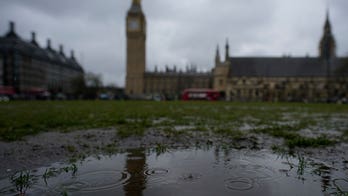
UK Government’s CLIMATE STRATEGY Crumbles Under Court Scrutiny
— A High Court judge has ruled the UK government’s climate strategy illegal, marking another significant setback. This decision is the second time in two years that the government has failed to meet its legal emissions targets. Justice Clive Sheldon highlighted that the plan lacked credible evidence to support its feasibility.
The scrutinized Carbon Budget Delivery Plan was intended to drastically cut greenhouse gas emissions by 2030 and reach net zero by 2050. Yet, Justice Sheldon criticized it for being “vague and unquantified,” pointing out a serious lack of detail and clarity in the proposal.
Environmental organizations argued successfully that the government did not disclose vital details about how it would implement its strategy to Parliament. This omission of information hindered proper legislative oversight and played a pivotal role in the plan’s rejection by the court.
This ruling sends a clear message about accountability and transparency needed in governmental actions, especially concerning environmental policies critical for future generations.

UK to RAMP UP Defense Spending: A Bold Call for NATO Unity
— During a military visit in Poland, British Prime Minister Rishi Sunak announced a significant increase in the UK’s defense budget. By 2030, spending is set to rise from just over 2% of GDP to 2.5%. Sunak described this boost as essential in what he termed “the most dangerous global climate since the Cold War,” calling it a "generational investment.
The next day, UK leaders pressed other NATO members to also raise their defense budgets. This push aligns with former U.S. President Donald Trump’s long-standing demand that NATO countries up their contributions for collective security. UK Defense Minister Grant Shapps voiced strong support for this initiative at an upcoming NATO summit in Washington DC.
Some critics question whether many nations will achieve these elevated spending targets without an actual attack on the alliance. Nonetheless, NATO has recognized that Trump’s firm stance on member contributions has significantly bolstered the alliance’s strength and capabilities.
At a Warsaw press conference with NATO Secretary General Jens Stoltenberg, Sunak discussed his commitment to supporting Ukraine and enhancing military cooperation within the alliance. This strategy represents a major policy shift aimed at strengthening Western defenses against escalating global threats.

UK Government STRIKES BACK Against Post Office Injustice: Here’s What You Need to Know
— The UK government has taken a significant stride towards rectifying one of the country’s most egregious miscarriages of justice. A new law introduced on Wednesday aims to overturn the wrongful convictions of hundreds of Post Office branch managers across England and Wales.
Prime Minister Rishi Sunak emphasized that this legislation is vital for “finally clearing” the names of those unjustly convicted due to a flawed computer accounting system, known as Horizon. The victims, whose lives were drastically affected by this scandal, have experienced prolonged delays in receiving compensation.
Under the anticipated law, expected to be enacted by summer, convictions will be automatically overturned if they meet certain criteria. These include cases initiated by the state-owned Post Office or Crown Prosecution Service and offenses committed between 1996 and 2018 using the faulty Horizon software.
More than 700 subpostmasters were prosecuted and criminally convicted between 1999 and 2015 due to this software glitch. Those with overturned convictions will receive an interim payment with an option for a final offer of £600,000 ($760,000). Enhanced financial compensation will be provided to those who suffered financially but weren’t convicted.

UK-CANADA Trade Talks GRIND to a Halt: The Beef and Cheese Battle That’s Costing Billions
— The UK government has unexpectedly put the brakes on post-Brexit trade talks with Canada. This sudden move follows a two-year stalemate over beef and cheese imports and exports, which began after Britain officially left the European Union.
Trade between these nations, valued at roughly 26 billion pounds ($33 billion) per year, has mostly persisted under the initial agreement made while Britain was still an EU member. However, Canadian negotiators are feeling the heat from their own beef industry and local cheesemakers. The former is pushing for access to the UK market for hormone-fed beef, while cheesemakers are raising alarms about tariff-free imports of British cheese.
The privilege of tariff-free British cheese exports came to a halt at the close of 2023 when a temporary agreement expired. This change led to a staggering 245% duty hike for British producers. Canada’s trade minister Mary Ng firmly stated that Canada “will never agree to a deal that isn’t beneficial for our workers, farmers and businesses.” Minette Batters, president of the National Farmers’ Union in England and Wales praised Britain’s resistance against hormone-fed beef imports.
Despite this hiccup in negotiations, the UK government remains open-minded about future discussions. However, any significant progress appears unlikely at present.

UK Government SIDELINES Citizen Petition, BACKS WHO’S Controversial Pandemic Treaty
— In a recent announcement at the World Health Organization’s (WHO) Executive Board meeting in Geneva, the UK government revealed its support for the proposed Pandemic Treaty.
This move comes despite strong public opposition. A petition signed by over 156,000 British citizens called for a public referendum before entering into such an international agreement. However, Downing Street remains committed to the new Pandemic Accord and supports targeted amendments to bolster future health threat prevention and response under International Health Regulations.
Conservative MP Danny Kruger took issue with this top-down approach during a House of Commons debate back in April. He argued that centralized solutions fell short during Covid-19 and underscored the significance of local decision-making and responsibility.
Tedros Adhanom Ghebreyesus, WHO Director-General, has maintained that while legally binding, the Pandemic Treaty does not grant WHO authority to override national governments or impose restrictions.

Sunak’s RWANDA Gamble: A Crucial Test Amid Conservative Uproar
— UK Prime Minister Rishi Sunak faces a rebellion within his own party. He’s pushing for approval of a controversial plan to deport certain asylum-seekers to Rwanda. The plan has already been blocked by the UK Supreme Court, and 60 members of his party have attempted to toughen the legislation. This led to the resignation of two deputy chairmen and a junior ministerial aide from his party.
The “Safety of Rwanda Bill” could face defeat if another rebellion occurs within Sunak’s party. This would pose a significant threat to Sunak’s government, which is just over a year old. The Prime Minister has placed this contentious immigration policy at the center of his election campaign strategy, even though he trails significantly behind Labour in opinion polls.
Sunak believes that deporting unauthorized asylum-seekers will discourage dangerous crossings over the English Channel and disrupt people-smuggling operations. However, he faces an uphill battle in convincing both fellow Conservatives and voters that this plan is effective.
Navigating tensions between liberal and law-and-order factions within his own party adds another layer of complexity for Sunak as he tries to push through this divisive policy.
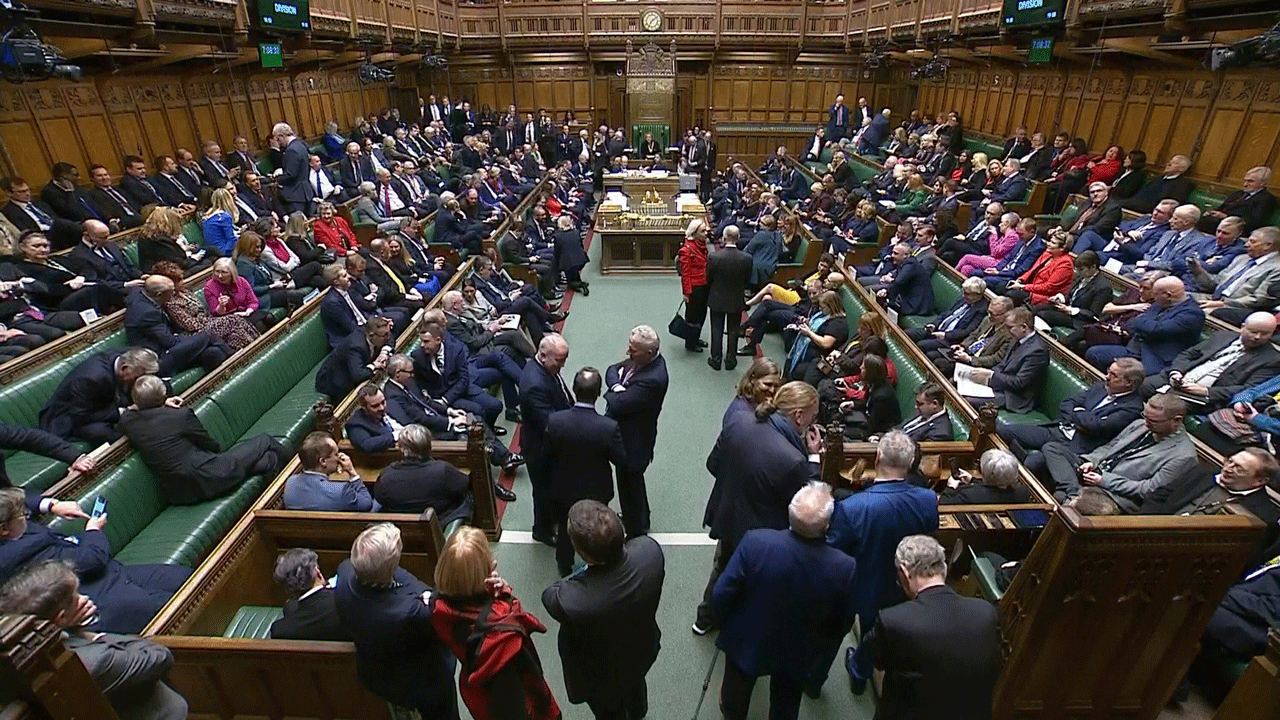
ASYLUM-SEEKERS Shock: UK Lawmakers Vote to Send Refugees to Rwanda Despite Heated Controversy
— In a move that has stirred up considerable controversy, British lawmakers have given their approval to the government’s controversial plan. This plan involves sending asylum-seekers on a one-way journey to Rwanda. Human rights groups have expressed strong disapproval, and the policy has already cost the U.K. a staggering $300 million without any flights having taken off yet. The House of Commons gave its nod to the government’s Rwanda bill by 313-269 votes, thereby preventing a defeat that could have undermined Prime Minister Rishi Sunak’s authority.
The primary aim of this bill is to bypass a U.K. Supreme Court ruling that declared it illegal for migrants who reach Britain via boats across the English Channel to be sent off to Rwanda. This vote was pivotal for Sunak’s Conservatives who command an impressive majority and haven’t seen a government bill defeated at its first Commons vote since 1986.
However, not everyone in the Conservative party is onboard with this decision. The Safety of Rwanda (Asylum and Immigration) Bill faces opposition from Conservative centrists who argue it teeters on violating international law, as well as lawmakers on the party’s authoritarian right who believe it doesn’t go far enough in ensuring unauthorized migrants can be deported. Earlier this week, many hard-liners threatened
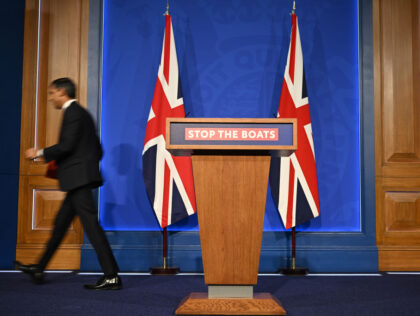
UK Government’s RWANDA Deportation Plan DERAILS: A Major U-Turn in Policy Revealed
— The UK government has confessed that it can’t assure any Rwanda deportation flights will depart before the forthcoming general election. This revelation from Chancellor Jeremy Hunt marks a significant shift from Prime Minister Rishi Sunak’s earlier statements. The Supreme Court recently deemed the Rwanda plan unlawful, prompting Sunak to hustle to regain control of the situation.
In an interview with Sky News, Hunt expressed optimism for flights next year but conceded, “We can’t guarantee that.” The United Kingdom is set for a general election next year at the latest by early January 2025. Current polling suggests that the ruling Conservatives are likely to be defeated.
An ex-government minister responsible for this policy cautioned that it won’t work as the government lacks boldness to implement necessary steps for deportations. Sunak had previously pledged in an emergency address to eliminate any further obstacles to enforce this policy and ensure planes depart as scheduled in Spring next year.
This reversal pushes back the revised date for deportation flights further into the future than initially expected. Despite this drawback, James Cleverly, new Home Secretary (interior minister), maintains they are “absolutely determined” to see them
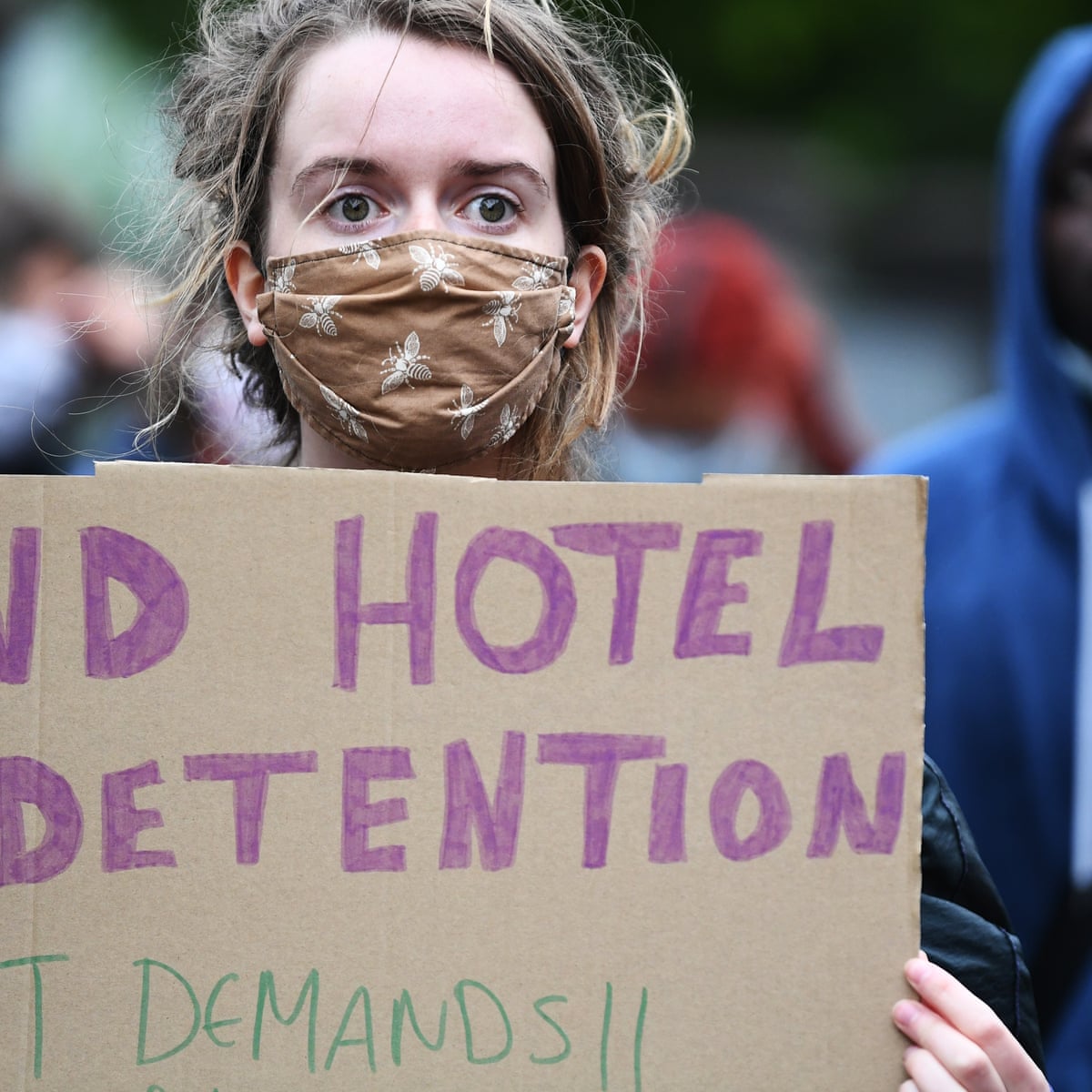
UK Government STANDS FIRM: Rwanda Deportation Plan to be Revived Despite Backlash
— James Cleverly, Britain’s interior minister, affirmed on Thursday the government’s unwavering resolve to reinstate its contentious plan of deporting asylum-seekers to Rwanda. This decision persists despite the UK Supreme Court’s blockage of the plan over migrant safety concerns in Rwanda. The government aims to start deportation flights before the next national election, due no later than 2024.
Legal experts and critics have expressed apprehension about this policy, warning it could tarnish Britain’s international standing and incur substantial costs. The Supreme Court had previously determined that Rwanda is not a safe destination for asylum-seekers who face a “real risk of ill-treatment” and possible forced return to their home countries.
Nonetheless, Prime Minister Rishi Sunak has committed to signing a treaty with Rwanda intended at sealing gaps in the plan. He also conveyed his willingness to “revisit” international relationships if hurdles continue obstructing the deportation policy. Some members within his Conservative Party have even proposed withdrawing from the European Convention on Human Rights if required.
Despite unanimous opposition from justices, the British government remains unyielding in its belief

UK Parliament SHUNS Cease-Fire Call Amid Israel-Hamas CONFLICT: A Blow to Labour Party Unity
— The UK House of Commons has recently dismissed a proposed amendment that urged the government to demand a cease-fire in the ongoing conflict between Israel and Hamas. The Scottish National Party presented this amendment, but it was turned down by 290 Parliament members, while only 183 voted in favor.
This decision is perceived as a significant blow to Keir Starmer, the leader of the Labour Party. Despite his efforts to display unity within his party ahead of next year’s national election, fifty-six members from his own party backed the amendment.
Following this setback, Starmer expressed disappointment over his colleagues’ lack of support for his stance. He said, “I wanted my position on this matter to be clear and consistent,” after the vote.

Video
UK HALTS Israel Arms Exports Amid GROWING Conflict
— The United Kingdom has suspended 30 out of its 350 arms export licenses to Israel. This decision, announced on September 2, 2024, comes amid rising concerns over the conflict between Israel and Hamas in Gaza. UK Foreign Secretary David Lammy stated that the suspension aims to ensure compliance with international humanitarian law.
The Labour government initiated this review in July, shortly after taking office. Lammy clarified that this is not a full embargo but a precautionary measure to reassess existing licenses. The UK remains committed to supporting Israel as an important ally while upholding humanitarian standards.
Reactions have been mixed. Human rights organizations welcomed the move as a step towards preventing potential violations of humanitarian laws by British arms. However, Israeli officials and their supporters are concerned about its impact on bilateral relations and security cooperation.
This decision adds to the growing international scrutiny over military aid and arms sales to conflict zones like Gaza. As the review continues, both nations will need to balance their strategic partnership with human rights considerations.
More Videos
Invalid Query
The keyword entered was invalid, or we couldn't gather enough relevant information to construct a thread. Try checking the spelling or entering a broader search term. Often simple one-word terms are enough for our algorithms to build a detailed thread on the topic. Longer multi-word terms will refine the search but create a narrower information thread.


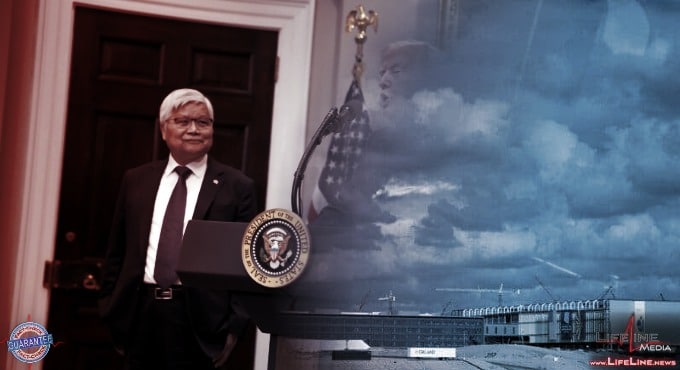


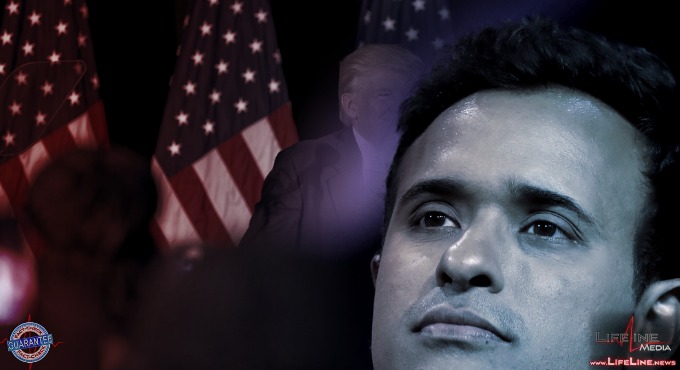

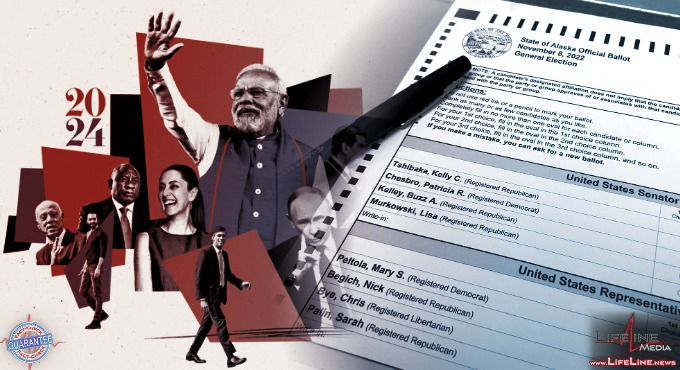





Social Chatter
What the World is SayingALTNo human rights concern would stop UK selling F-35 parts for Israel, say NGOs New review of F-35 exports reveals no red lines for UK government in context of atrocities in Gaza absolutely shameless statements being reported from the uk gov. straightforwardly claiming that halting the export of...
. . .ALTNo human rights concern would stop UK selling F-35 parts for Israel, say NGOs New review of F-35 exports reveals no red lines for UK government in context of atrocities in Gaza absolutely shameless statements being reported from the uk gov. straightforwardly claiming that halting the export of...
. . .ALTNo human rights concern would stop UK selling F-35 parts for Israel, say NGOs New review of F-35 exports reveals no red lines for UK government in context of atrocities in Gaza absolutely shameless statements being reported from the uk gov. straightforwardly claiming that halting the export of...
. . .ALTNo human rights concern would stop UK selling F-35 parts for Israel, say NGOs New review of F-35 exports reveals no red lines for UK government in context of atrocities in Gaza absolutely shameless statements being reported from the uk gov. straightforwardly claiming that halting the export of...
. . .ALTNo human rights concern would stop UK selling F-35 parts for Israel, say NGOs New review of F-35 exports reveals no red lines for UK government in context of atrocities in Gaza absolutely shameless statements being reported from the uk gov. straightforwardly claiming that halting the export of...
. . .